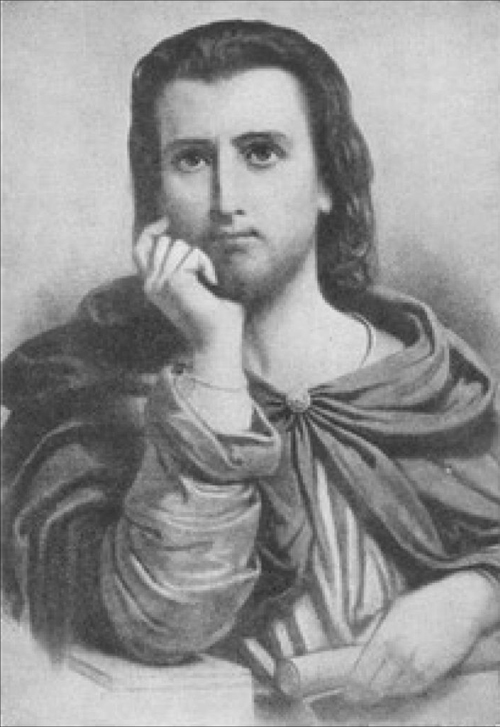
Your complimentary articles
You’ve read one of your four complimentary articles for this month.
You can read four articles free per month. To have complete access to the thousands of philosophy articles on this site, please
Philosophical Haiku
Pierre Abélard (1079-1142)
by Terence Green
God foresees all deeds
But freedom remains to us.
So, free, I love her.

In the twelveth century Pierre Abélard was known as one of the pre-eminent and boldest controversialists of his age. After that time, he became better known for being the pre-eminent and bold lover of Héloïse, with dramatic consequences.
Born into a wealthy family of nobility in Brittany, as a young man he wandered near and far throughout France, learning as he went. Landing up in Paris, he attended the great cathedral school of Notre Dame de Paris. Quickly proving too smart for his teachers, at just twenty-two he left to establish his own school, modestly observing, “I began to think of myself as the only philosopher in the world.” The monk became a star debater of philosophy and theology, but his academic pursuits were soon overtaken by another interest.
Not only was Héloïse beautiful, she was a gifted scholar of Latin, Greek, and Hebrew, and Pierre determined to make her his own. Successfully seducing her, he couldn’t help but boast about his success, leading to the lovers being separated by her infuriated uncle. But temptation proved too strong and they continued to meet in secret, until Héloïse became pregnant. She had a son, and in a move anticipating some of the weirder names of our own time, called him Astrolabe after the scientific instrument. Then things really got crazy: the lovers married secretly, but when the secret became public, Héloïse decided enough was enough and headed for a convent. Thinking Pierre was trying to rid himself of her, her uncle sensibly responded by having him castrated.
His career as a lover cut short, he returned to his former, less emotionally taxing career debating philosophy and theology. Following Augustine, he taught that while God knows in advance all that we do, we are still free to choose, and in particular choose right from wrong – no doubt an idea he pondered much after the débâcle with Héloïse.
© Terence Green 2022
Terence Green is a writer, historian, and lecturer who lives in Eastbourne, New Zealand.









